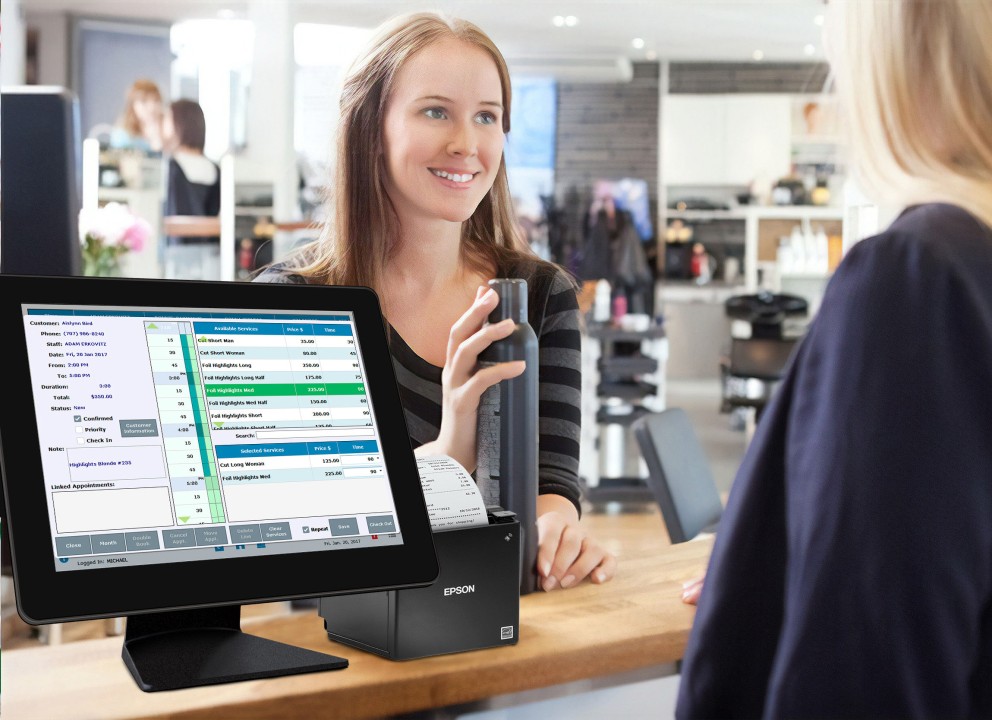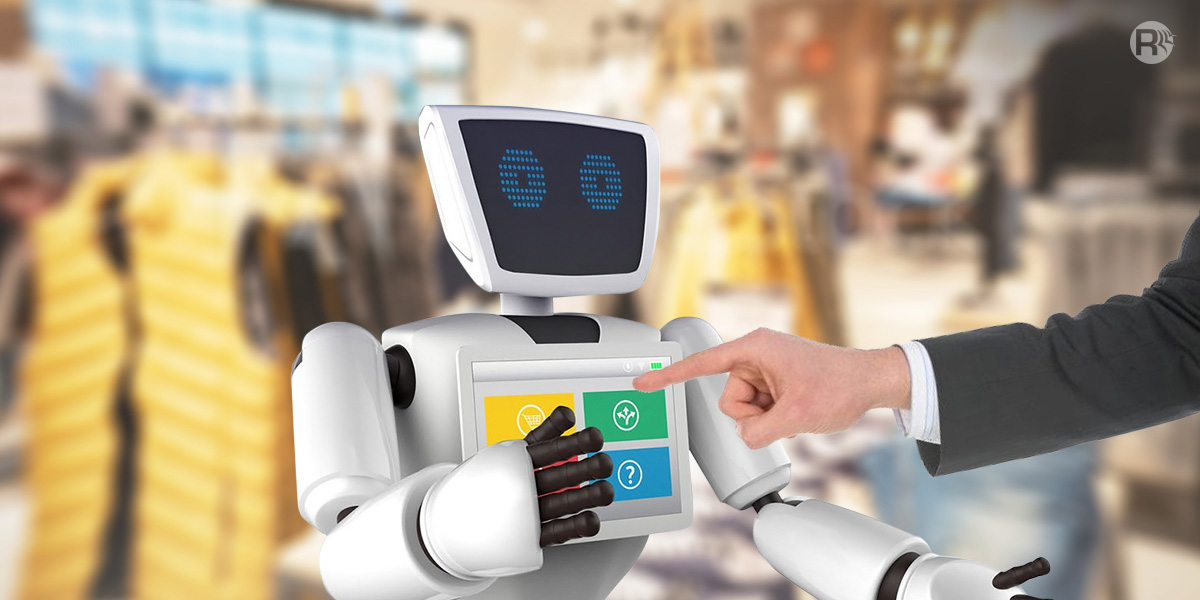How POS Systems Reduce Costs and Increase Revenue

Running a successful business today requires more than just great products or services—it also demands efficiency, accuracy, and smart decision-making. Whether you own a bustling restaurant or manage a retail mart, one technology has proven to be a game-changer: the Point of Sale (POS) system. Far more than just a tool for processing transactions, modern POS systems help businesses reduce operating costs while simultaneously boosting revenue. Let’s explore how.
Minimizing Human Errors and Operational Costs
Mistakes in billing, order-taking, or stock management can be costly for any business. A wrongly entered order in a restaurant may result in wasted food, while a cashier’s miscalculation at a mart could lead to financial loss. POS systems minimize these risks by automating transactions and recording data accurately.
For restaurants, digital ordering ensures that instructions go directly to the kitchen without miscommunication, reducing waste and saving costs. For retail marts, barcode scanning and automated pricing prevent errors at checkout. The fewer the mistakes, the more money a business saves, directly impacting profitability.
Streamlined Inventory Management
Inventory control is one of the most critical and often expensive aspects of running a business. Overstocking ties up cash in unsold products, while understocking leads to missed sales opportunities. POS systems solve this by offering real-time inventory tracking.
A mart, for example, can quickly identify fast-selling products and reorder them before running out. Restaurants can monitor ingredient levels and receive alerts before shortages occur. This precision prevents unnecessary purchases, reduces wastage, and ensures that businesses always have the right products available—leading to both cost savings and higher sales.
Improved Staff Efficiency
Labor is one of the biggest expenses in any business. POS systems help maximize employee productivity by simplifying routine tasks. At restaurants, servers can take orders on handheld devices, reducing the time spent writing and double-checking tickets. In retail, faster checkouts mean employees can serve more customers in less time.
By automating repetitive tasks like billing, reporting, and stock updates, employees can focus on customer service and upselling, which directly contributes to increased revenue.
Data-Driven Decisions That Boost Revenue
Modern POS systems come equipped with analytics tools that provide insights into sales patterns, customer behavior, and product performance. These insights empower businesses to make smarter decisions.
For instance, a mart can identify which products sell best during weekends and promote them accordingly. A restaurant can analyze sales data to determine its most profitable dishes and create special offers around them. By making decisions based on real data instead of guesswork, businesses can maximize revenue potential while reducing losses.
Faster Transactions and Better Customer Experience
A long wait at checkout or delayed order delivery can frustrate customers and drive them to competitors. POS systems speed up transactions, making the buying process smooth and efficient.
Restaurants benefit from faster table turnover, which means more customers served in less time. Retail marts benefit from shorter checkout lines, leading to higher daily sales. Moreover, many POS systems integrate loyalty programs, personalized discounts, and digital receipts, all of which improve customer satisfaction and encourage repeat business—further boosting revenue.
Lower Administrative Costs
Traditional business management often requires manual record-keeping and hours of paperwork. POS systems automate reporting, tax calculations, and sales tracking, reducing the need for additional administrative staff.
With detailed reports available at the click of a button, business owners save time and money that can be reinvested into growth strategies. This automation also ensures compliance and accuracy, reducing costly errors during audits or tax filings.
Supporting Growth and Scalability
POS systems are scalable, meaning they grow with the business. Whether it’s opening a new restaurant branch or expanding a mart to multiple locations, a POS system can centralize data, simplify management, and maintain consistency. This scalability ensures that costs remain under control while revenue opportunities multiply.
Final Thoughts
The role of POS systems in reducing costs and increasing revenue is undeniable. By minimizing errors, streamlining inventory, improving staff efficiency, enhancing customer experience, and providing actionable data, POS technology allows businesses to operate smarter and leaner.
In an era where competition is fierce and margins are tight, investing in a reliable POS system isn’t just a smart choice—it’s a strategic move toward long-term profitability. Whether you’re running a restaurant or a retail mart, a POS system is more than just a tool for processing payments—it’s the backbone of sustainable business growth.






